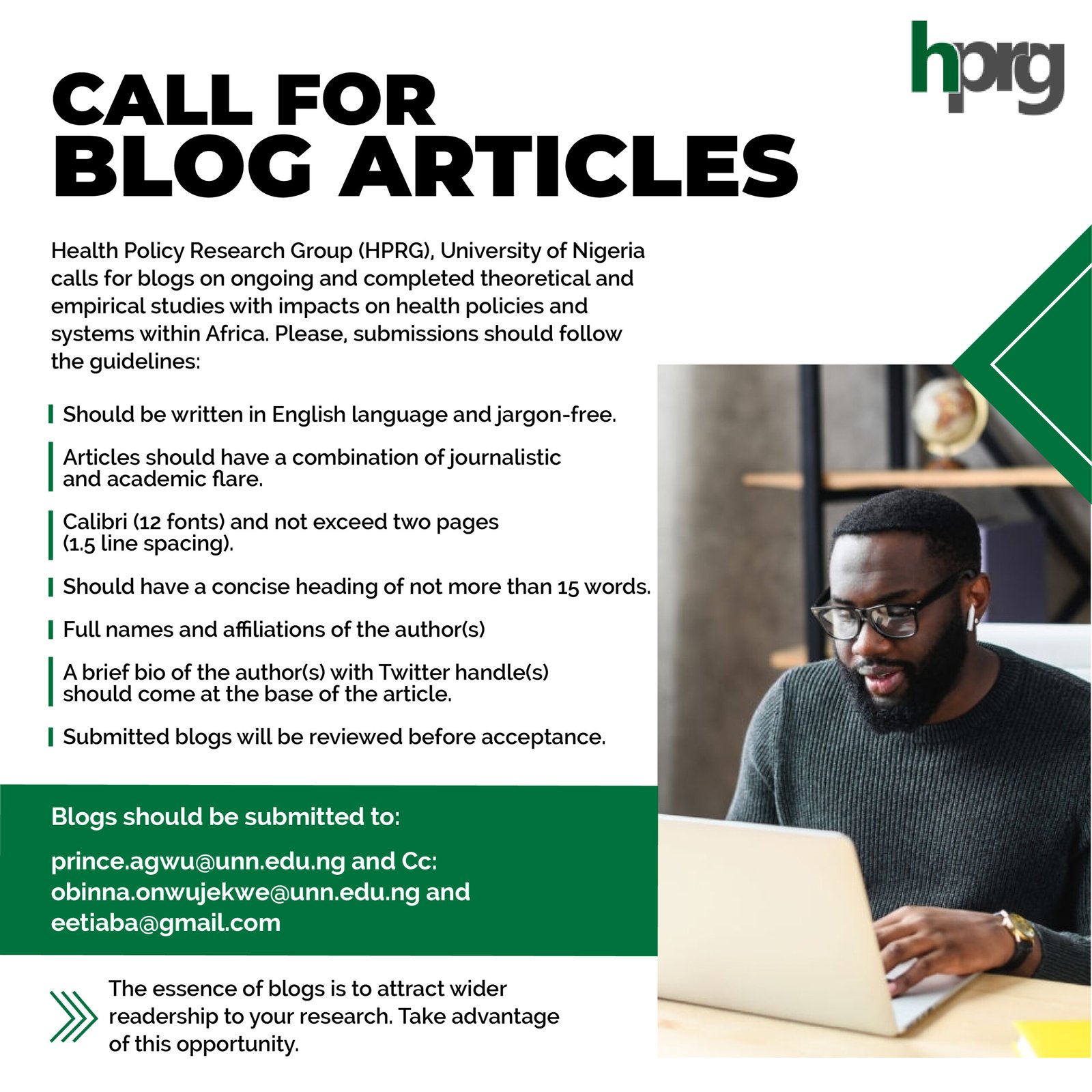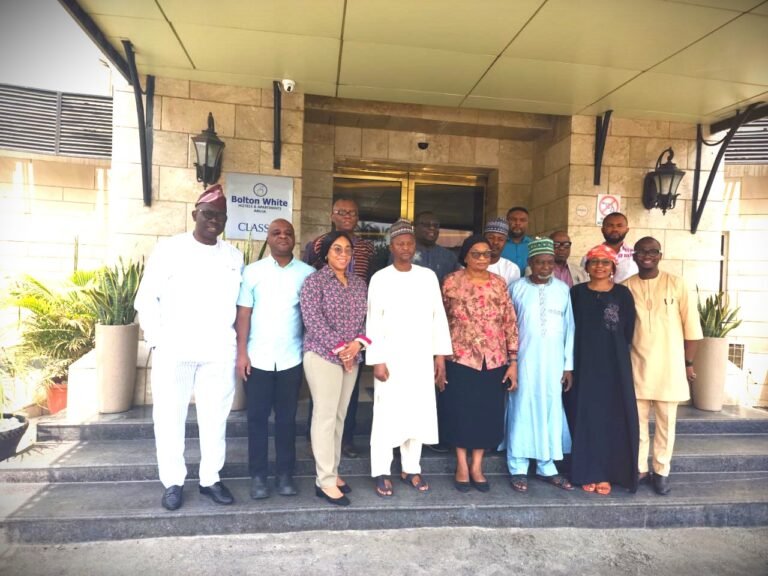By Dorothy Chisare
Southern Africa is facing a severe and preventable cholera epidemic affecting 13 countries. Originating in Malawi’s Machinga District in March 2022, it rapidly spread to South Africa, Zimbabwe, Zambia, and Mozambique by February 2023. While cholera is a waterborne disease that can strike any community, the severity and persistence of the epidemic raises concerns about deeper systemic issues. This blog presents insights on often overlooked factors – weak governance and inadequate accountability structures, as critical contributors to the recurring cholera crisis in Southern Africa.
What should be known about the cholera crisis in the southern region of Africa
Cholera is an infectious disease that causes severe diarrhoea, which can lead to dehydration and even death if untreated. Claiming four million lives globally each year, the disease is spread through eating food or drinking water contaminated by faeces from an infected person. While treatable with oral rehydration solutions and preventable with a two-dose vaccine, cholera persists, highlighting issues of inequity and social development gaps. Communities facing poor living conditions, such as insufficient access to clean water, sanitation, hygiene services, and lacking healthcare infrastructure for treatment or prevention, are particularly vulnerable to infection.
Zimbabwe, previously scarred by one of the world’s deadliest cholera outbreaks in 2008 and another in 2018, reported its first case on February 12, 2023, and now has over 18,000 suspected cases and 71 confirmed deaths as of January 2024.
South Africa, facing its first cholera outbreak since 2003, battled cholera cases linked to travel from Malawi, facilitated by porous borders. The Malawi outbreak, intensified by the impact of Tropical Cyclone Freddy in 2023 which brought heavy rains, floods, mudslides and strong winds, led to displacement and limited access to clean water, and has resulted to 59,000 cases of cholera as of 2024.
In Zambia, the current cholera epidemic is the largest in recent years, with 11,947 infections. The country’s first case is linked to the Mozambique outbreak confirmed in January 2023. To highlight the urgency of the situation, the World Health Organization (WHO) classified the epidemic as a multi-country emergency, indicating the highest level of concern for a health crisis.
Corruption, unaccountability, and weak governance damage public health infrastructures in Southern Africa
A just public health system functions free from corruption, ensuring accountability for all actions and prioritizing the fair distribution of health resources and services among users. However, corruption and unaccountability have significantly worsened in many African health sectors, impeding efforts to contain diseases like cholera. While the cholera epidemic is multifaceted, its roots lie in core issues of poor governance, leading to inadequate sanitation services and limited access to clean water. Legacy issues such as infrastructure neglect, mismanagement, underinvestment, and misallocation of funds culminate a perfect storm of challenges.
The outbreak in Zimbabwe stems from the decay of water and sanitation systems that have surpassed their intended lifespans. Irregular and inadequate water supply, especially in cities like Harare, exacerbates the problem. The local government, responsible for water services, provides only a quarter of the required 1200 megalitres of potable water daily. During water purification shortages, the supply is entirely cut off, and the council blames the national government for a lack of investment. This is due to opposition councils being obliged to navigate through the Zimbabwe National Water Authority (ZINWA), an autonomous government-owned entity managing the country’s water resources. The political obstruction, unclear roles and responsibilities, and ultimately the blame game between local and national authorities, turn clean water into a political pawn and leave citizens to the mercy of inadequate services.
South Africa faces dysfunctional municipalities and inadequate wastewater treatment, resulting in untreated sewage release into water resources. These challenges stem from a lack of accountability, mounting debt, and inadequate infrastructure spending spanning over two decades. The sewage dumping frequently surpasses government quotas. This is often linked to the failure of national and provincial authorities to adequately monitor municipalities. Left to self-report pollution events, municipalities have grossly under-reported them. This raises the question of who is overseeing the overseers.
The crisis is intensified by the increase in underserved households in illegal peri-urban settlements without water connections, leading to poor hygiene practices, as seen in Malawi. Urban informal settlers pay at least double the going rate for water from ‘water kiosks,’ managed by private individuals and ad hoc committees. In these settings, there is a risk of administrative or petty corruption, wherein service providers may be influenced through bribes for preferential treatment.
Similarly, for over two decades, Zimbabwean councils bypass urban planning regulations in allocating residential land, leaving residents with inadequate infrastructure, and relying on contaminated water sources. This negligence echoes the 2003 cholera outbreak in South Africa, triggered by the withdrawal of public services in expanding impoverished informal townships and resulting in 140,000 infections. These failures in urban planning and water policies are deeply rooted in mismanagement, corruption, and a lack of accountability within council systems.
Cholera thrives where corruption and unaccountability persist
Corrupt practices and accountability gaps in the region severely impact public health systems, contributing to infrastructure fragmentation and triggering the cholera crisis. Recognizing accountability as a cornerstone of good governance is particularly crucial. Whether at the state, healthcare provider, or individual levels, accountability serves as a critical tool and ensures that necessary actions are taken for effective responses.
The urgent nature of health emergencies creates opportunities for corruption and unaccountable behaviour, as seen in South Africa’s unmonitored sewage dumping beyond safety limits and insufficient infrastructure spending. This not only contaminates water resources or jeopardizes quality but also establishes conditions favourable for cholera to spread through communities already burdened with systemic failures.
In Malawi, vulnerable communities are exploited to pay exorbitant rates for water from unregulated sources. The lack of oversight and accountability enables individuals or entities to profit from this basic need, exposing marginalized communities to compromised hygiene practices and fostering cholera’s spread.
Urban planning negligence influenced by corrupt practices such as bribery or favouritism within Zimbabwean councils leads to misallocation of residential land and inadequate infrastructure that is not planned for, exposing residents to contaminated water and insufficient sanitation provisions – well known factors for cholera. There is a concerning increase in corrupt allocation of residential stands and lack of transparency from councils, with some houses developed on land above sewer tanks, causing sewage pipes to burst inside several houses. The lack of accountability allows these hazardous conditions to persist without corrective measures.
Addressing these governance gaps is not merely a matter of cholera containment; it is a necessary step toward building resilient health systems capable of withstanding future pandemics. Only through comprehensive reforms and strengthened governance mechanisms can the region hope to break free from the trail of cholera and safeguard the well-being of its communities.
A pathway forward
Cholera is a complex interplay of political and economic factors demanding a blend of vertical and horizontal solutions. Governments need to shift to proactive measures by establishing strong governance and accountability mechanisms before, during, and after any potential outbreaks. A collaborative regional cholera preparedness plan within and between countries, ensures a unified and efficient response. Preparedness plans must embrace the whole of society, from communities, local actors, health systems and government ministries. For instance, responses to the epidemic must extend beyond the health sector, integrating efforts across education, economy, trade, and water sectors.
Assigning clear responsibilities and holding national health authorities accountable for infrastructure maintenance, particularly water treatment and sewage systems creates a proactive environment. This requires monitoring mechanisms like public consultation and appeals for improvements from horizontal actors such as civil society organisations and citizens. To strengthen outbreak response efforts, governments can establish inclusive multi-stakeholder task forces and committees. These groups would provide diverse expertise and resources, contributing to the improvement of public engagement and shared accountability.
During an outbreak, streamlined governance enables rapid response activation and optimal resource allocation. A way to approach this could be an undertaking of a series of visits and consultations with actors at the grassroots to understand the challenges and to revise the approaches accordingly. This consultative policymaking, coupled with media advocacy, can instil confidence in the authorities, attract provisions from the private sector or donors, and lead to significant improvements. Concurrently, strict accountability measures ensure transparent communication and timely actions, pivotal in halting the outbreak’s progression.
In the aftermath of the outbreaks, it is crucial for governance to evaluate the effectiveness of the response, guiding updates to preparedness plans. Holding individuals and institutions accountable for outcomes encourages necessary reforms, breaking the cycle of repeated outbreaks, preventing future epidemics, and mitigating potential pandemics.
About the author
Dorothy Chisare is a Research Officer specializing in African Health Systems within the Department of Health Policy at the London School of Economics and Political Sciences. She is a part of the LSE team working on the African Health Observatory – Platform on Health Systems and Policies (AHOP) hosted by the WHO Regional Office for Africa. She can be contacted at d.chisare@lse.ac.uk X/Twitter: @dorothyct9





